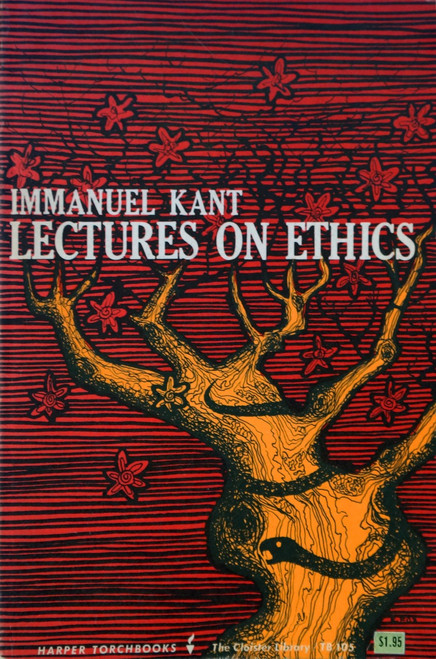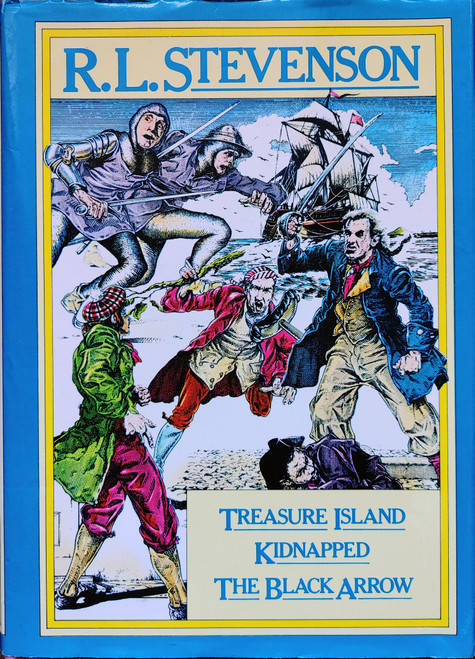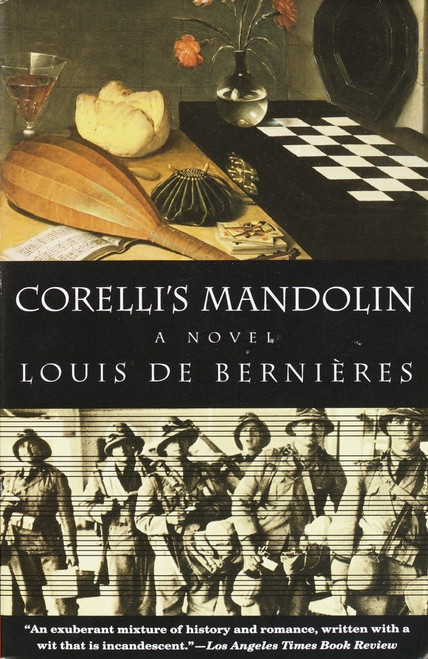Considered one of Marx’s most profound monographs and a brilliant history of the proletariat, this study of the events leading to the coup d'etat of "Napolean the Little" on December 2, 1851, written within a few weeks after the coup, is one of the first works by Marx in which he states his theory of history. It has become a classic object lesson in applied historical materialism. It was first published in the United States, in German, in 1852. The present translation is based on the German edition of 1869, which was corrected by Marx. It is supplied with explanatory notes and an index.
Most famous as the source of Marx’s dictum that history occurs twice, “the first time as tragedy, the second time as farce,” this work is better known to historians as a vital early discussion of the politics of fascism in the 20th century, which Bonaparte’s coup anticipated. Students of Marx’s philosophy and readers in modern political movements will find this an enlightening read.
About the Author
Karl Marx was born in 1818 in Trier, Germany and studied in Bonn and Berlin. Influenced by Hegel, he later reacted against idealist philosophy and began to develop his own theory of historical materialism. He related the state of society to its economic foundations and mode of production, and recommended armed revolution on the part of the proletariat. Together with Engels, who he met in Paris, he wrote the Manifesto of the Communist Party. He lived in England as a refugee until his death in 1888, after participating in an unsuccessful revolution in Germany. Ernst Mandel was a member of the Belgian TUV from 1954 to 1963 and was chosen for the annual Alfred Marshall Lectures by Cambridge University in 1978. He died in 1995 and the Guardian described him as 'one of the most creative and independent-minded revolutionary Marxist thinkers of the post-war world.'







